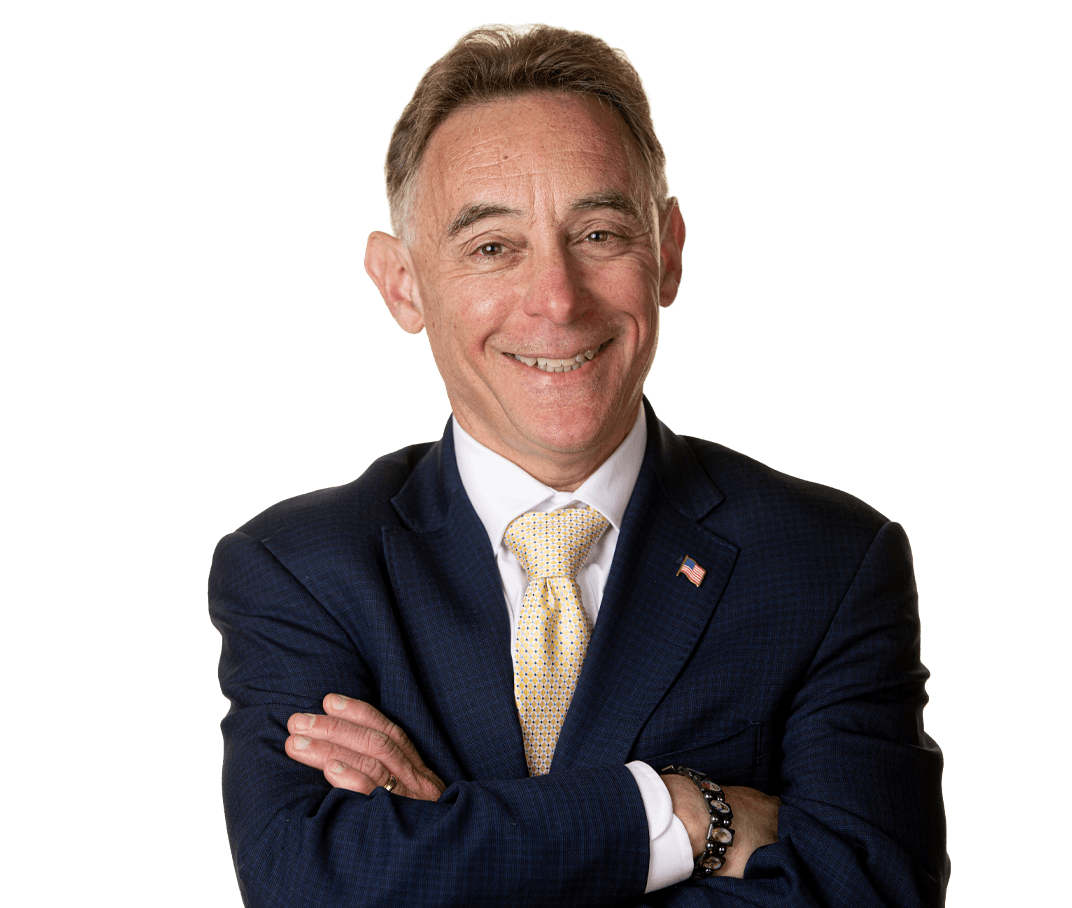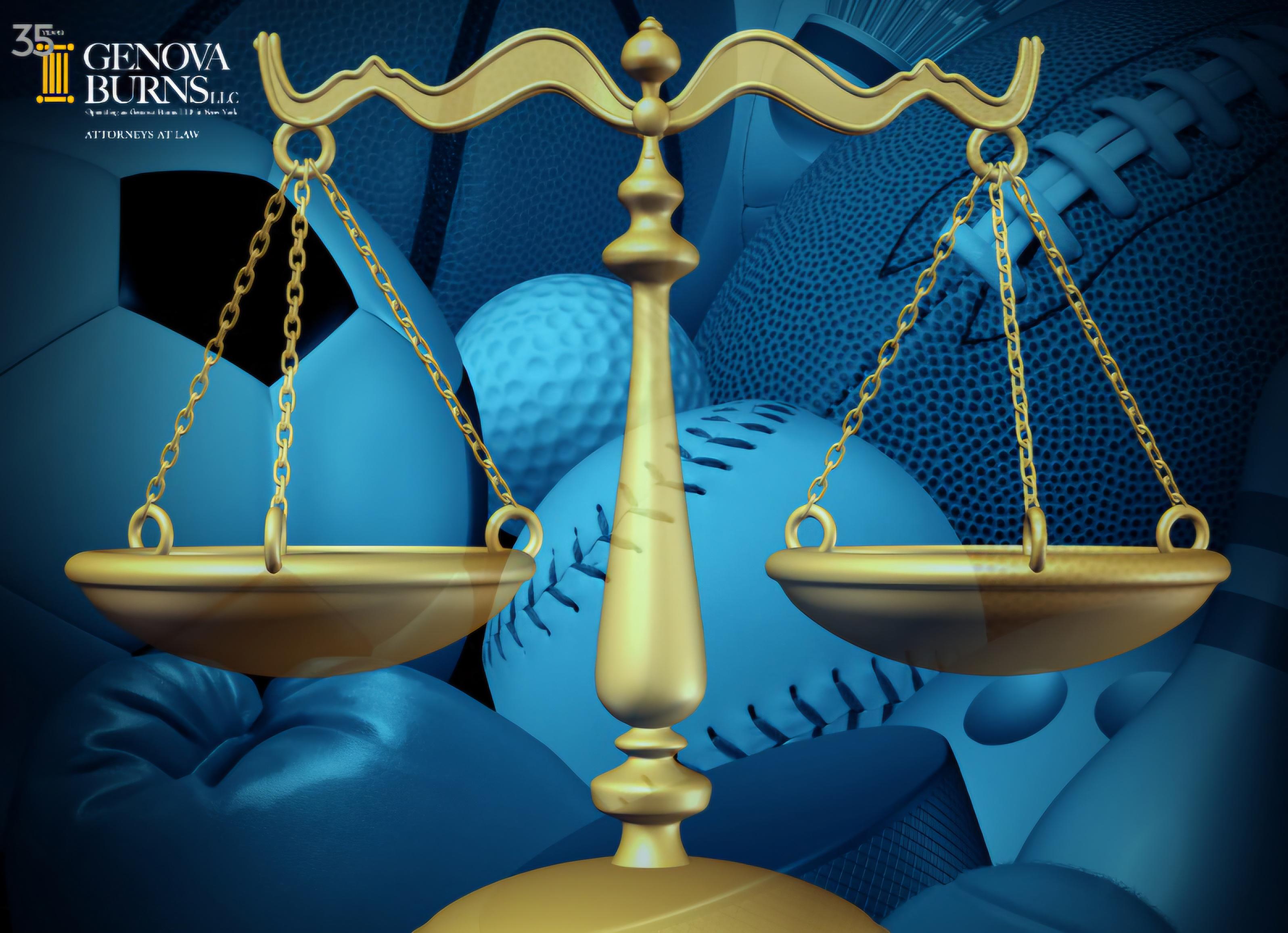From Backcourt To The Gridiron, Universities Oppose The NLRB’s Enforcement Position Regarding Their Athletes
January 7, 2025 | By: Edward J. Bonett, Jr., Esq.
On New Year’s Eve, the union attempting to organize Dartmouth College's men’s basketball team dropped its NLRB case after winning a groundbreaking decision in February 2024 from a NLRB Regional Director who decided that the players were employees of the College, eligible to unionize, and ordered a secret-ballot election which the union won. However, Dartmouth appealed the Regional Director’s decision, including the decision to hold an election, to the Biden-appointed Board members of the NLRB, and the appeal was pending when the union dropped its case.
With incoming President Trump certain to change the composition of the Board members soon after Inauguration Day, the union clearly anticipated that the tide would turn against designating college athletes as employees and did not want to risk receiving an adverse decision. Now that the union has withdrawn its case, where does that leave the Regional Director’s decision, and, more importantly, where does that leave the issue of potential employee status of athletes?
As for the Regional Director’s decision, it has limited precedential value. No Regional Director in any part of the country, no Board, and no court is obligated to follow the decision in future cases. Should another union bring a case before the NLRB seeking an election, the Dartmouth ruling on employee status would hold no significant weight, although it could be used as guidance. As for the election, the union’s victory is hollow without the Board’s approval or a subsequent court ordering Dartmouth to bargain with the union. Dartmouth has consistently signaled that it will not bargain unless ordered to do so, meaning the union effort is over for now.
However, the Dartmouth case is not the only NLRB case dealing with the employee status of college athletes. In April 2024, an Administrative Law Judge concluded a hearing during which the NLRB General Counsel alleged that University of Southern California (USC) football players and men’s/women’s basketball players are employees of the University, and that USC violated labor law by failing to classify them as employees and by enforcing unlawful handbook rules. The hearing having concluded, it is now up to the ALJ to decide the case. It is unclear when that decision may come. In the meantime, the NLRB General Counsel filed a brief urging that the ALJ find employee status, while USC, the Pacific-12 college conference, and the NCAA (all three alleged to be joint employers of the athletes by the NLRB) have filed briefs urging that the ALJ reject finding employee status.
The General Counsel argues that the athletes are employees in part because they perform services for the “employers” and are subject to extensive control over their daily routine. The three organizations argue that college athletes are not “hired” to provide a service in exchange for compensation, labeling them as employees would be detrimental to all non-revenue producing sports programs, would jeopardize the parity for women’s sports as required under Title IX, and could by the same misguided logic apply to high school and youth sports leagues. They also maintain that any “control” exercised by USC over the athletes is meant to help the athlete succeed, not grant employee status.
Since the case has already been prosecuted, it is not likely that the union in the USC case will drop the case or be permitted to drop it before a decision. The NLRB has strict rules for approving withdrawals of unfair labor practice cases (as opposed to union organizing cases) once they are prosecuted due to the public interest in the case. The ALJ is not affected by the shift in presidential politics. If the ALJ decides in the union’s favor, the University, the conference, and the NCAA would certainly appeal. Then, the case would head to a Trump-appointed Board, which would not be inclined to grant college athletes employee status. In addition to the NLRB case, there is a Fair Labor Standards Act claim filed by a group of athletes in the Eastern District of PA, Johnson v. NCAA, that they were employees of their colleges and the NCAA.
Finally, Congress could pass legislation specifically excluding college athletes from employee status and the right to organize. Many legislators recognize that employee status could have substantial financial repercussions for colleges and athletes. Labor’s efforts to win employee status for college athletes began when college athletes had no right to earnings for their efforts. With the advent and now onrush of Name Image Likeness earnings opportunities, the employee status designation may not be as critical or appealing even to some Labor-friendly legislators. An Act of Congress could put the issue to rest, although given that the National Labor Relations Act has been only minimally changed since 1935, this scenario may be unlikely. In any event, the clock is ticking in this game, and we will see what the scoreboard reveals soon.
Should you have any questions, please contact Partner Edward J. Bonett, Jr., Esq. at 908.546.6991 or via email here, Partner Patrick W. McGovern, Esq. at 973.535.7129 or via email here, or any Partner in our firm’s Labor Law Practice Group.
Tags: Genova Burns LLC • Edward J. Bonett, Jr. • Patrick W. McGovern • NLRB • NCAA • College Athletics • NIL • Labor Law • Employment Law & Litigation


